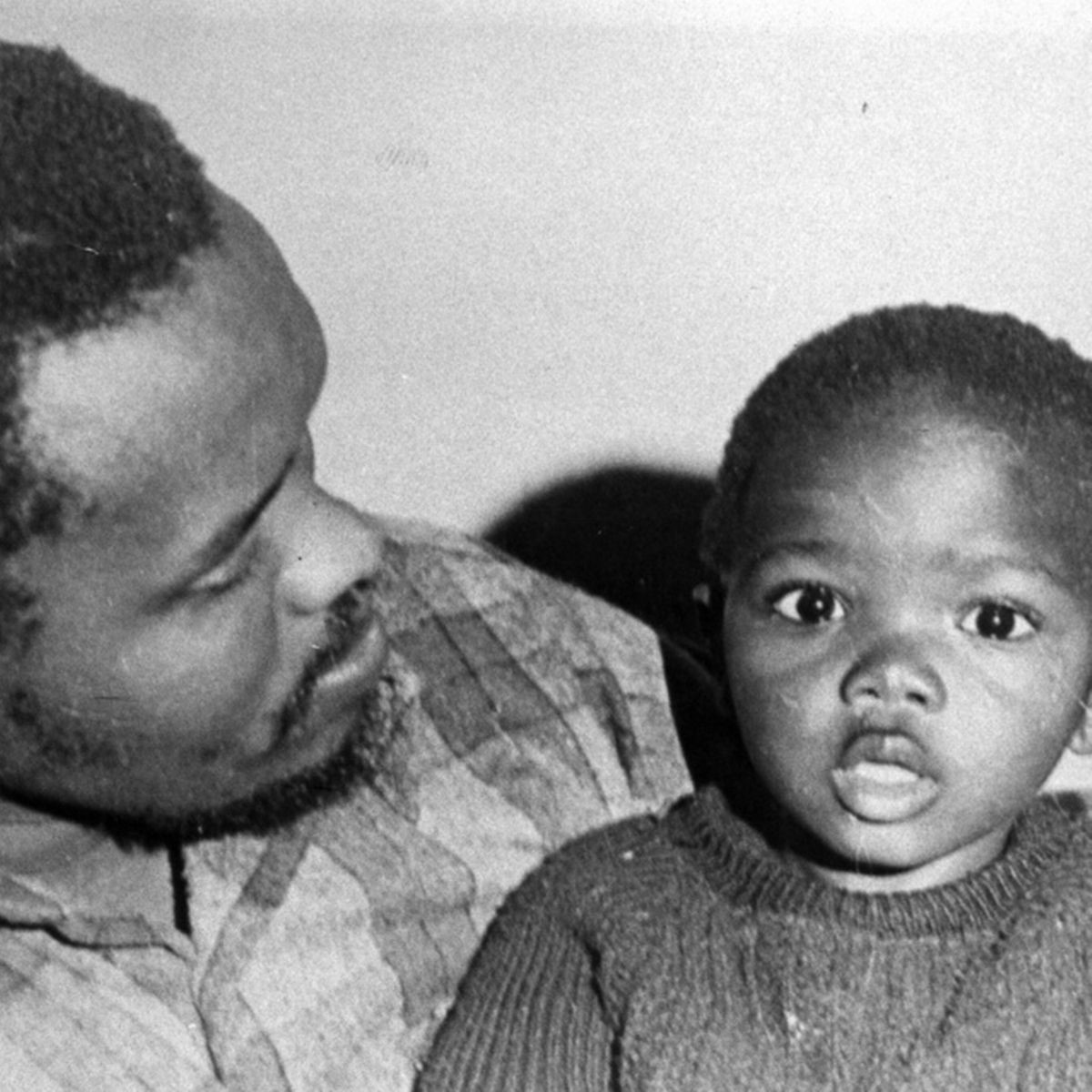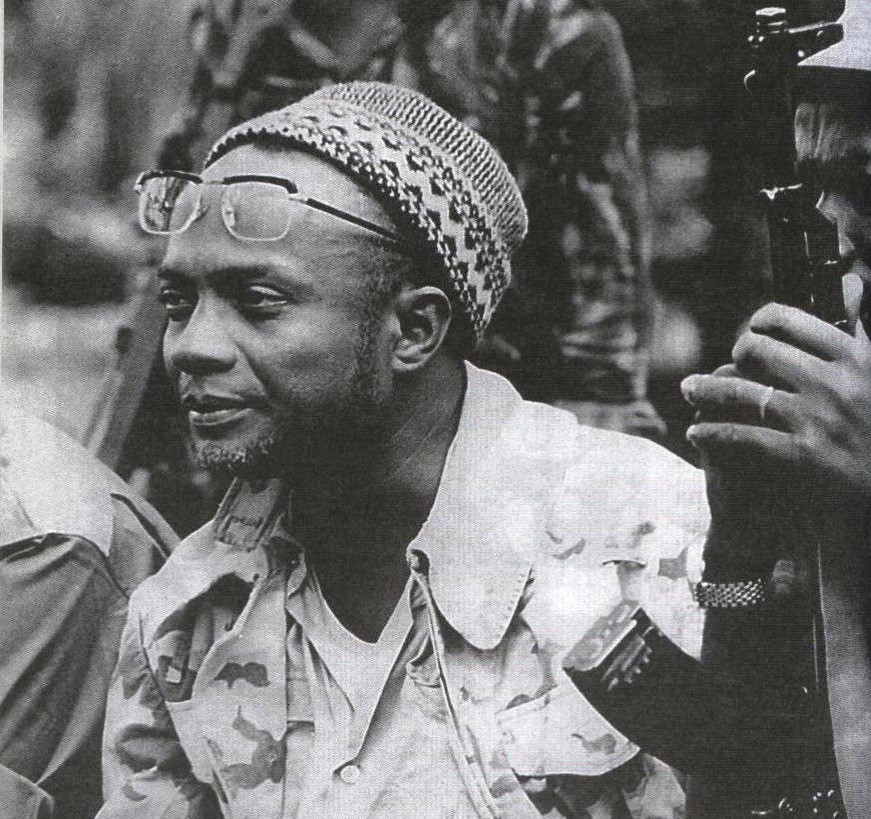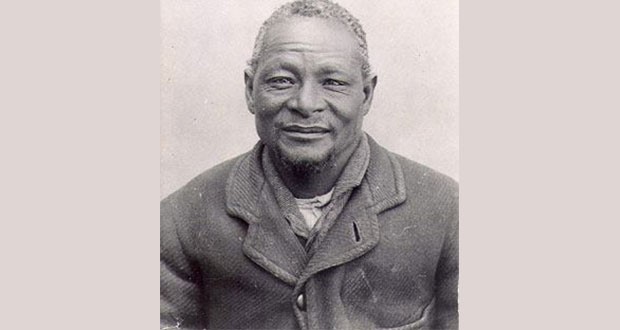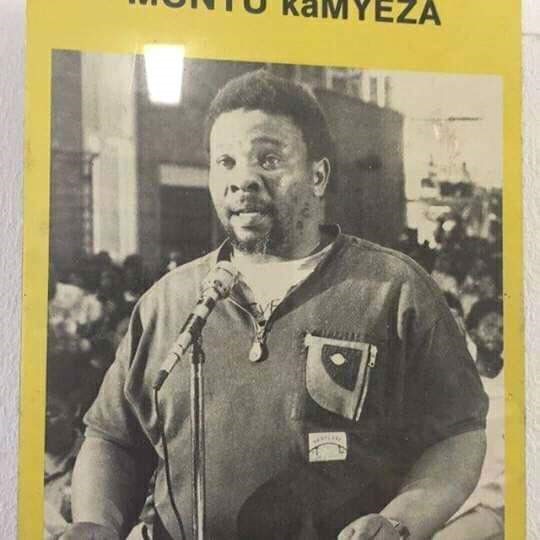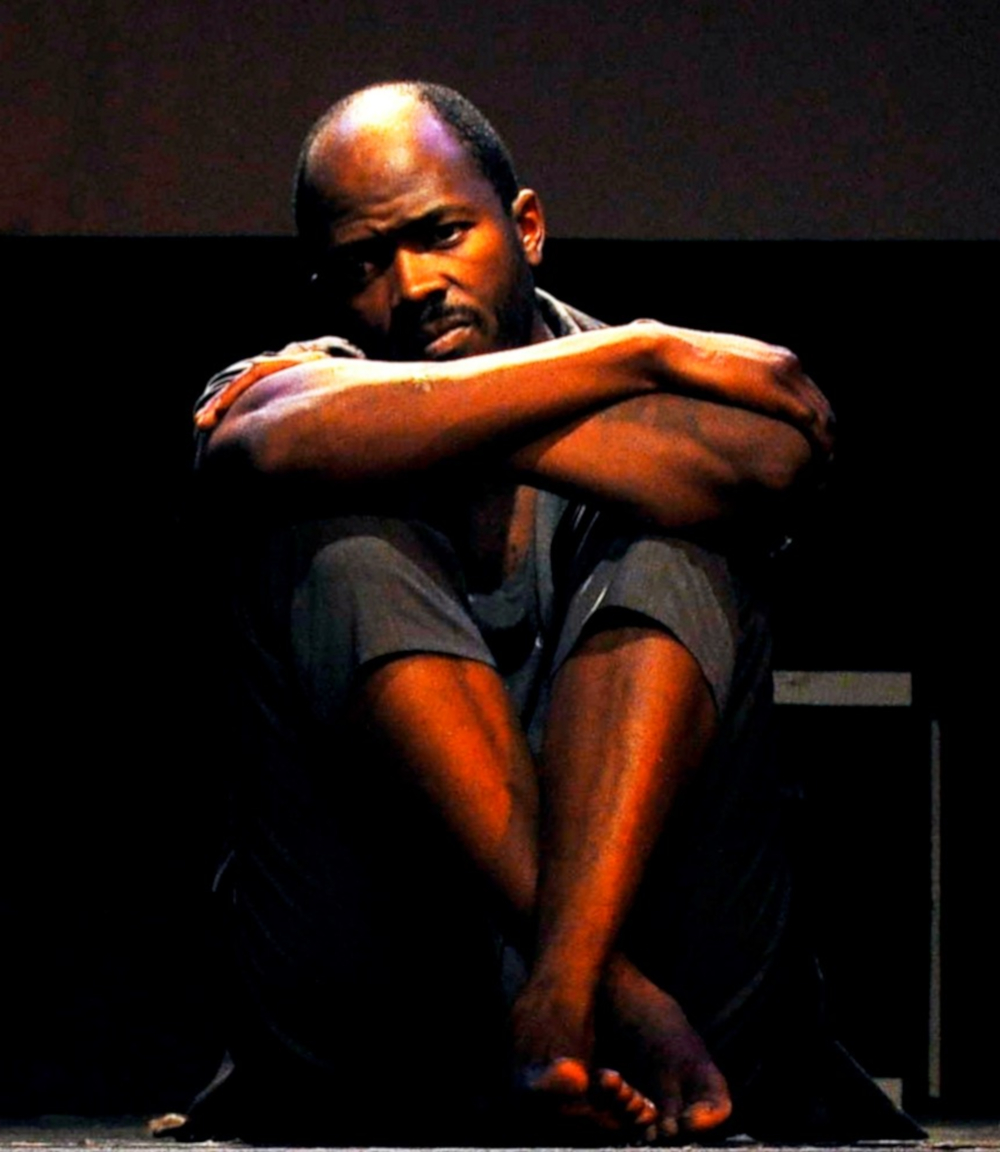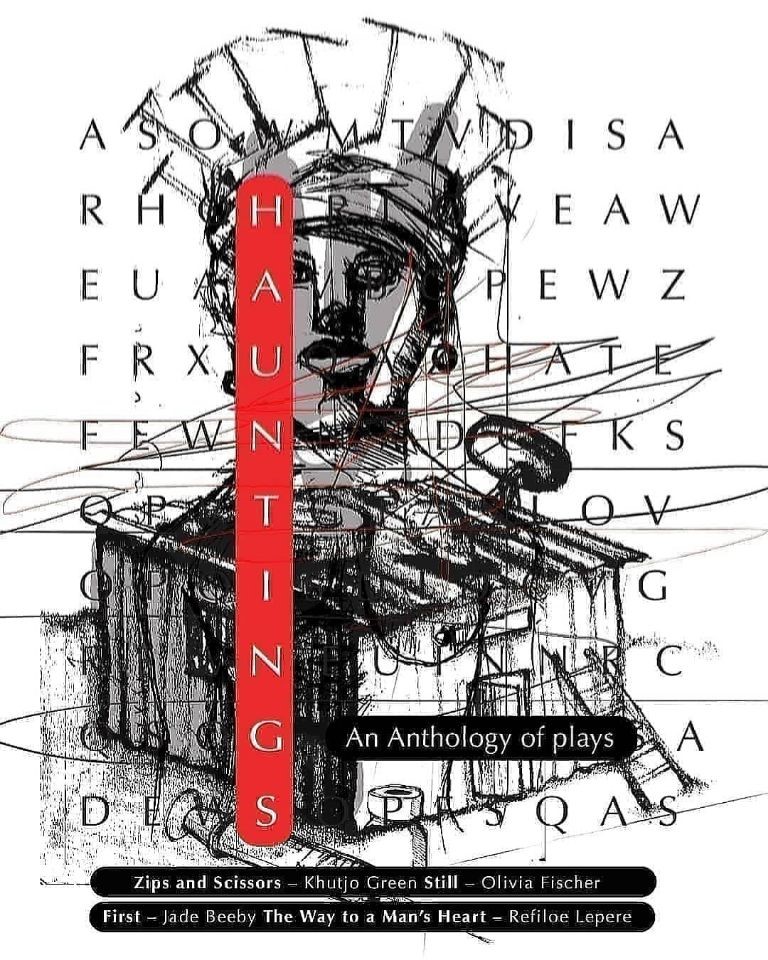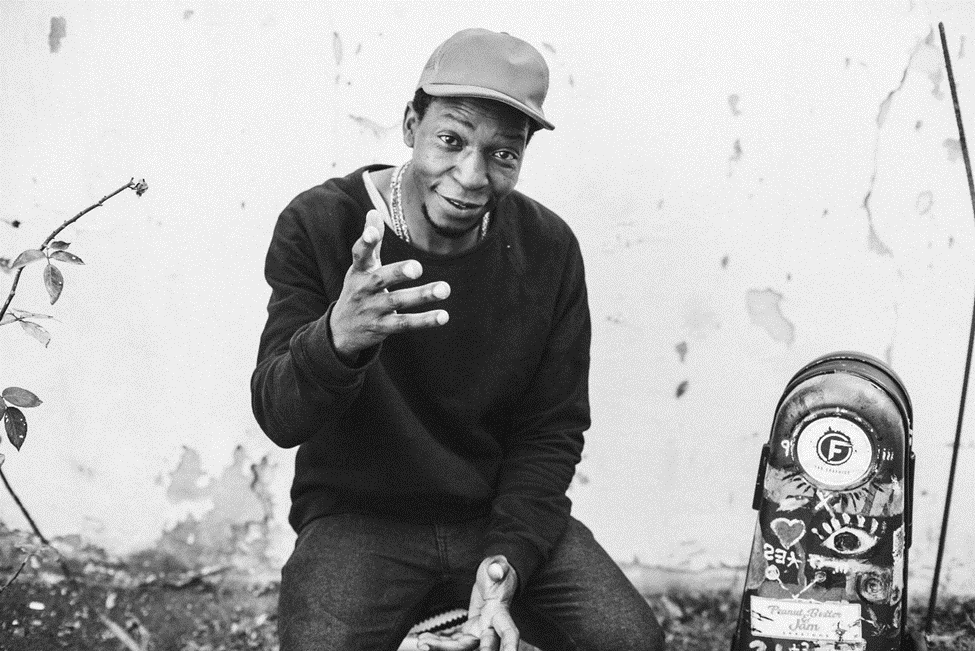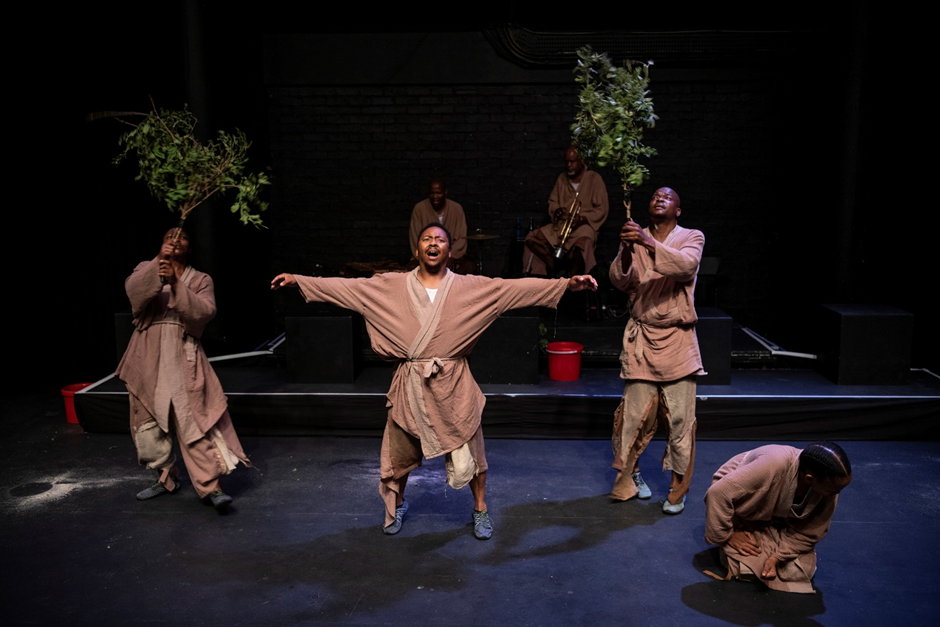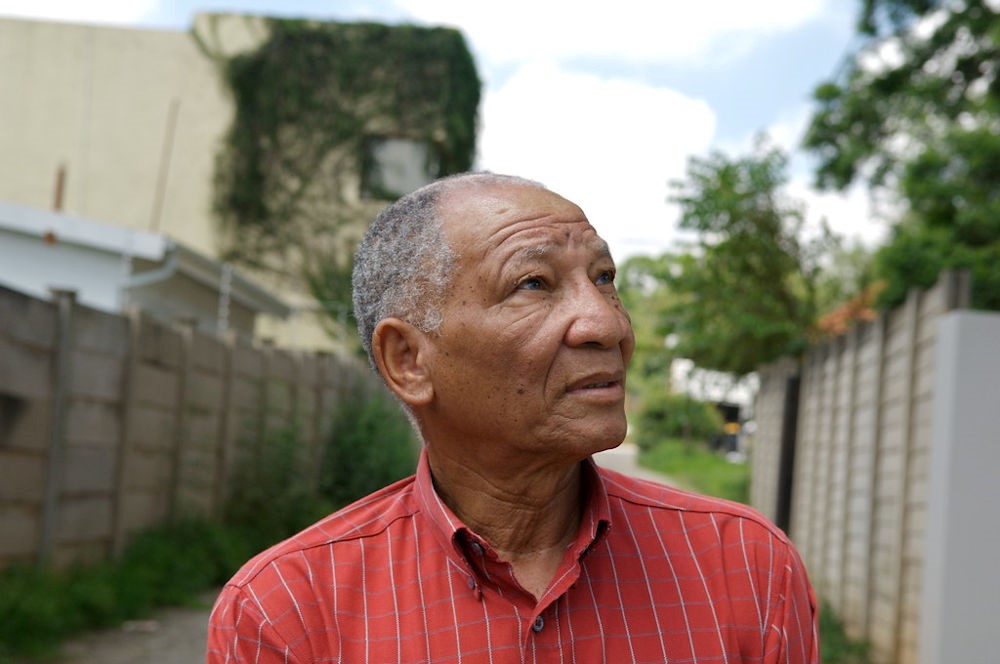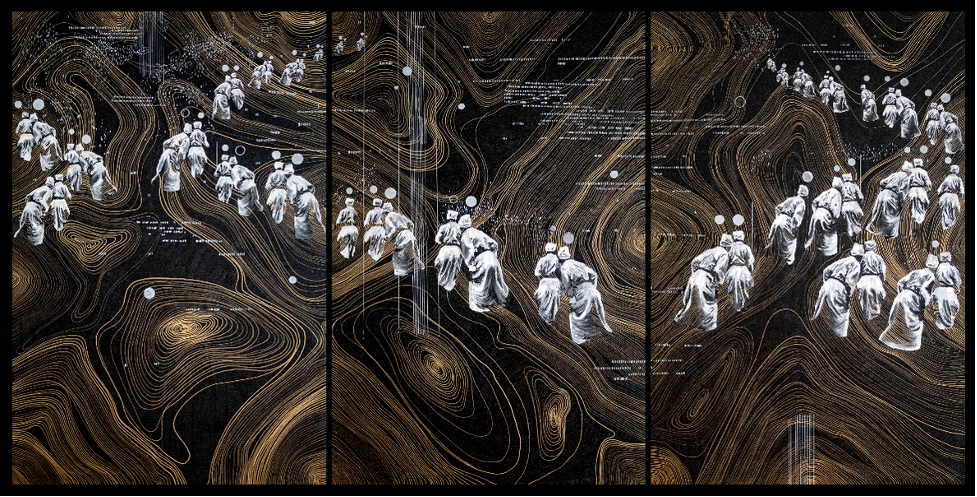There is something deeply disturbing about being Black in the world we live in - and that is the realisation of how fragile our very existence is.The realisation that, regardless of your social status, the very fact, nature or duration of your existence is not something that you have control over as a Black person.
The torture that comes with having to accept that all the significant variables relating to your existence are controlled by someone else and that you had no say in all this.
6 September, is a sacred day in the calendar of the Black Consciousness Movement (BCM). It is the day that ushers in Black Consciousness Week or BC Week. 6 September is one of the days on which it is generally believed that the torture (in police custody), of a great and fearless Black man called Bantu, was intensified by his white captors, forty-three years ago.
Six days later, Biko would die a cold, brutal and lonely death at the hands of his white captors in Pretoria. This year, 6 September is also a day that comes immediately after the funeral service of a young Black boy called Nathaniel Julies.

Nathaniel was shot and killed by police on 26 August, 2020, outside his home in Eldorado Park, south of Johannesburg.
In an interview his mother (Bridget Harris) stated that he had gone outside to buy biscuits at a nearby shop and was shot and killed by police, while he was just standing. Nathaniel was 16 and had Down Syndrome.
The initial report suggests that at the time of his death, not only didn't he pose any threat to the police who shot at him, but they also used ammunition that was banned after the killing of Andries Tatane in April 2011.
Nathaniel's killing by the police happens in the context of a number of profoundly disturbing developments in the lives of Black people in South AfriKKKa.
Nathaniel is killed at a time when the Corona virus has not just laid bare the disproportionate health vulnerability of Black people in South AfriKKKa, and their concomitant and continued economic vulnerability.
A time when we are being increasingly confronted with stories about how members of South AfriKKKa's political aristocracy are literally stealing whatever they can lay their eyes on.
A time when we are getting used to being bombarded with the blood-curdling images and stories of Black young people and in particular Black girls, who are being brutally killed every day.
A time when the disproportionate killing of Black people by the police in South AfriKKKa and in particular that of Black men, continues to be concealed behind official statistics.
Nathanial Julies is killed at a time when there is growing and legitimate restlessness in his community of Eldorado Park and within many Black communities in South AfriKKKa.
A restlessness that is a consequence of the realisation by many Black people that the freedom that so many of them legitimately yearn for, has instead become a bloody nightmare.
Why did I choose to remember Biko through the fatal experience of Nathaniel Julies? Like Biko, young Nathaniel lost his life because of the heartlessness of the police. What makes it even more tragic in his case is that he was killed by Black police officers.
Secondly, as in the murder of Biko, the police who murdered Nathaniel sought to cover up their dastardly deed, including tampering with the crime scene. As in the murder of Biko, those who killed Nathaniel didn't bother to offer him the necessary medical care that could have possibly saved his life.
Just like Biko, Nathaniel was killed by the state, only he was killed by a state that was supposed to treat Black people differently from the apartheid state.
And so, his death forms part of the bigger tragedy of the many Black people (mainly young people), who have been killed by the police after 1994, such as Andries Tatane, Nqobile Nzuza, Mgcineni Noki, Jan Rivombo, Mike Tshele, Osiah Rahube, Lerato Seema, Collins Khosa and others.
How many Black young people continue to die unnecessarily in South AfriKKKa, before they turn twenty-one? Have their deaths brought South AfriKKKa to a standstill? If not, why not?
Like many Black families, the family of Nathaniel Julies was crudely reminded that they and their children were born into a world wherein their skin colour primarily guarantees them only two possibilities: a life of economic misery or death.
This death prone existence is particularly true for those Black people who live in South AfriKKKa’s favelas that the European colonial government reserved for the people they maliciously and disdainfully classified as 'coloured'.
What does it mean to remember Biko through the fatal experience of young Nathaniel? It is an attempt to nudge Black people into honestly confronting not only the anti-Black nature of the South AfriKKKan state, but also the bloody ugliness of Black existence in South AfriKKKa.
To remember Biko through the fatal experience of Nathaniel is to nudge all components of the Black community to wake up and realise that, unless they stand up and act as a united force, the ruling elite will continue to use their artificial and colonially-constructed divisions against them.
To remember Biko through the fatal experience of Nathaniel is to remind the Black community that the tragic death of Nathaniel is not a so-called coloured problem, but a direct consequence of the combined impact of the persistence of elite looting, racism, patriarchy, capitalism, neo-colonialism and the fact that South AfriKKKa remains an Anglo-AmeriKKKan colony that is founded on anti-blackness.
To remember Biko through the fatal experience of Nathaniel is to come to the painful realisation that Biko was right when he said, “Township life alone makes it a miracle for anyone to live up to adulthood”.
In honour of both Biko and Nathaniel, may we continue the fight for the repossession of our land, do away with the hell holes called townships and build a normal and just pro-Black society.
A society wherein the parents of Black young boys and girls won’t have to stress each time their children play outside of the yard.

